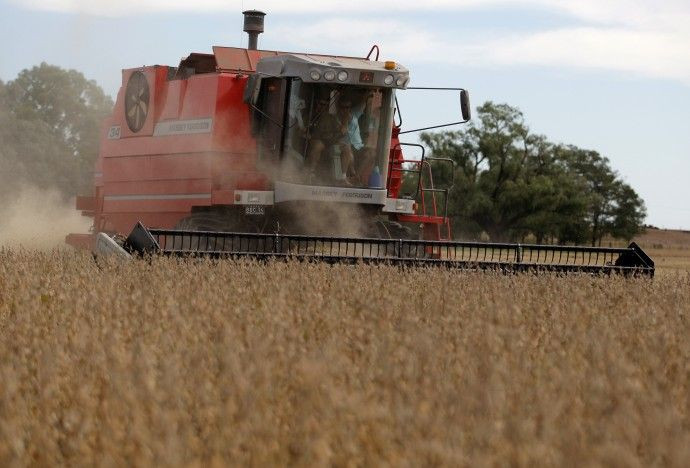Financialization of commodities poses threat to real economy

From 2006 to 2008, a striking phenomenon occurred: crude oil, copper, cotton, soybeans, and live cattle -- five seemingly unrelated commodities -- moved in a synchronized boom-and-bust cycle, said Professor Ke Tang of Renmin University of China and Professor Wei Xiong of Princeton University.
According to these experts, who have studied the financialization of commodities, factors like inflation and collective global demand alone cannot wholly explain the 2006-2008 correlation. Instead, speculation played a key role.
Prior to the early 2000s, financial markets were partially segmented from outside markets and the correlation of commodities with stocks and among each other was very limited, said Tang and Xiong. However, Goldman Sachs and other indexers pitched commodity futures to institutional investors, arguing that they provided diversification to portfolios of equities and bonds.
As a result, billions have poured into them.
One effect (and proof) of this financializtion is the above-mentioned correlation of commodities because institutional investors tend to move in and out of all commodities in a chosen commodity index at the same time.
This correlation, of course, distorts prices.
However, another phenomenon, the so-called global currency war, potentially makes the financialization and distortion of commodities prices a serious threat to the real economy.
In this global currency war, countries are competitively devaluing their currencies against one another -- in a race to the bottom -- with the goal of boosting their exports' competitiveness. As world currencies collectively become cheaper, commodities naturally become more expensive.
However, the danger is that investors will anticipate or position for future currency devaluations by pouring speculative money into commodity futures.
In this case, instead of using capital for economically productive purposes, investors will simply make essential commodities more expensive for the end-users.
At least one country, China, has blamed speculation for their soaring food prices.
China's National Development and Reform Commission said there are many signs that floating capital and illegal operators have used fraud, collusion, hoarding or other improper means to manipulate some commodity prices, and this is a direct driver of the increase in prices of some agricultural products, according to the Wall Street Journal.
The Commission is essentially saying speculators are buying commodity futures and thereby driving up food prices.
Food inflation in China, year-over-year, was 10.1 percent for October, which is a dangerous situation that threatens social stability because it makes certain food items unaffordable for poor people.
Arguably, the same thing happened with crude oil as hedge funds helped drive prices from $90 per barrel at the end of 2007 to almost $150 per barrel in July 2008. Along the way, automobile drivers and airlines had to cope with skyrocketing fuel costs.
Email Hao Li at hao.li@ibtimes.com
© Copyright IBTimes 2024. All rights reserved.





















